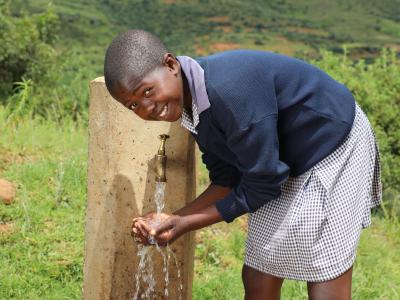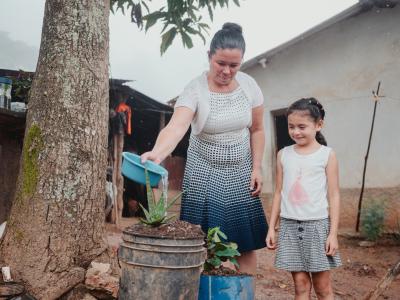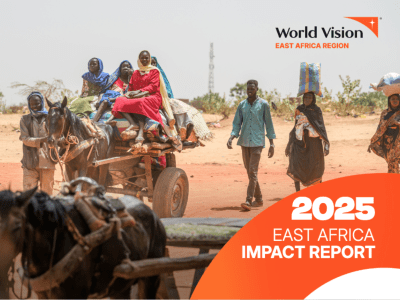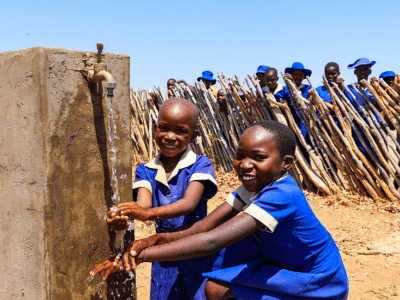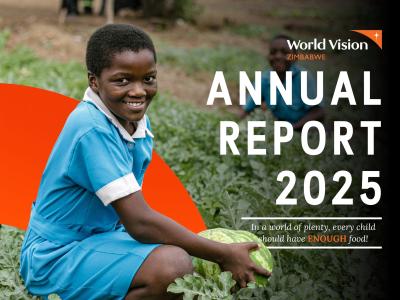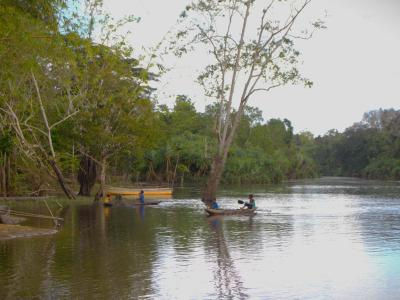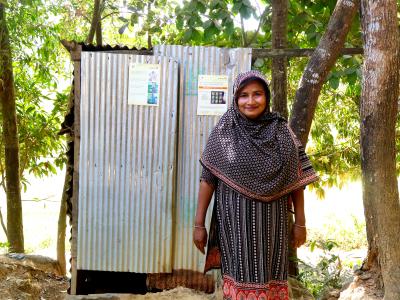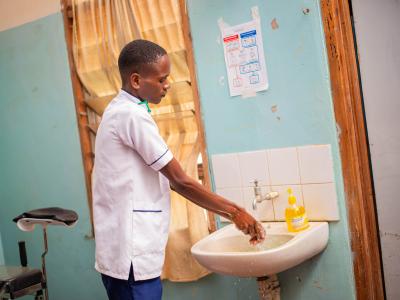article / February 19, 2026
From Fear to Dignity: How Access to Clean Water and Safe Sanitation Transformed Senate’s Life
Access to clean water and safe sanitation through World Vision’s WASH program transformed Senate’s health, safety, and everyday wellbeing.
press release / February 11, 2026
Urgent Call Launched to Ensure Access to Safe Water, Sanitation, and Hygiene to Save the Lives of Thousands of Children
Press release highlighting Aqua nexus a plan to expand access to clean water for vulnerable families in Latin America and the Caribbean
opinion / February 24, 2026
Latin America’s Water Paradox: How Long Can Abundance Exclude Millions?
Why Latin America must confront water inequality with strategic urgency and coordinated leadership.
publication / February 23, 2026
World Vision East Africa Impact Report 2025
Despite escalating conflict, climate shocks, economic instability and widespread displacement, we reached over 26 million people, including 16.4 million children
article / February 3, 2026
Clean Water, Happy Learners: Gampakalala Primary’s Journey to Hygiene and Hope
With clean, reliable water now accessible, Gampakalala Primary School has entered a new chapter, one of hope, dignity and joy for both learners and the wider community.
publication / February 17, 2026
World Vision Zimbabwe 2025 Annual Report
In this 2025 Annual Report, discover powerful stories that highlight World Vision Zimbabwe's (WVZ) transformative impact on the lives of the most vulnerable children. Driven by an unshakable dedication to championing the well-being of girls and boys in need, we are strategically refocusing and amplifying our efforts to tackle extreme vulnerability head-on.
article / January 28, 2026
Communities of Pahoturi Thriving in WASH
Communities along the Pahoturi River in Papua New Guinea are experiencing transformative change through the Western Province Partnership (WPP), an Australian Government DFAT-funded initiative implemented by World Vision. Once challenged by limited access to safe water, sanitation, and strong local governance, villages such as Sebe, Kibuli, and Wamorong are now thriving through community-led WASH services, leadership training, and climate-resilient infrastructure. New bore water systems, rainwater catchments, and Open Defecation Free achievements are improving daily life, while values-based programmes like Channel of Hope inspire positive behaviour change, gender inclusion, and stronger family relationships. Local leaders, youth, and women are stepping into new roles, driving change from within, and restoring hope across their communities. These collective efforts reflect a powerful shift toward resilience, dignity, and sustainable development in the South Fly District.
article / February 23, 2026
A Mother, 25 Taka, and a Promise to Protect Her Children’s Health in Ramu
In Ramu, Cox’s Bazar, a mother improves her children’s health through safe water, hygiene awareness, and access to a sanitary toilet.
article / February 5, 2026
Clean Water Improves Maternal Care at Nambazo Health Centre in Phalombe
Clean and safe water is transforming maternal health at Nambazo Health Centre in Phalombe, as World Vision Malawi’s WASH project reduces infections and improves dignity.
